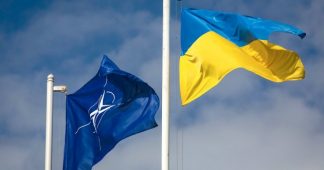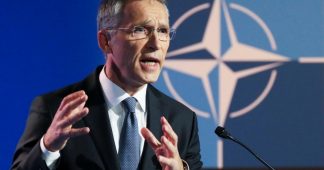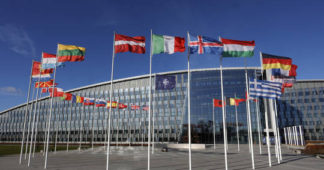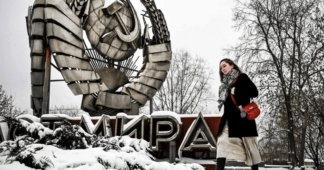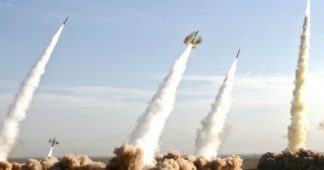By Robert Hunter
David Ignatius wrote in his Feb. 21 op-ed, “Putin warned the West 15 years ago. Now he’s poised for war.,” of Russian President Vladimir Putin’s speech at the 2007 Munich Security Conference “denouncing NATO” that “it didn’t make much of an impression.” Not so, for those of us who were also there and who had tried to build George H.W. Bush’s “Europe whole and free” and at peace. I was Bill Clinton’s ambassador to NATO in 1997 when the NATO-Russia Founding Act was concluded. I and other “NATO hands” watched in dismay and disbelief as Washington later concluded that, because the Soviet Union had lost the Cold War, Russia could simply be ignored.
Though what Mr. Putin has been doing the past eight years violates Russia’s sworn commitments, we are also reaping what was sowed. The George W. Bush administration in 2008 tried to fast-track Ukraine’s and Georgia’s admissions to NATO. Horrified at the idea of confronting Russia, most European NATO members rebelled; but to keep Mr. Bush from going home empty-handed, allied leaders said the two countries “will become members of NATO.” Everyone knew that meant “the sweet by and by,” or in a word, never.
Any European country can ask to join NATO, as the United States correctly notes; but it takes consensus approval in the alliance, a willingness of all to see an attack on any ally as an attack on all. Several allies have made clear that will never happen. As one step toward trying to defuse the current crisis, it is long past time to acknowledge that fact.
We remind our readers that publication of articles on our site does not mean that we agree with what is written. Our policy is to publish anything which we consider of interest, so as to assist our readers in forming their opinions. Sometimes we even publish articles with which we totally disagree, since we believe it is important for our readers to be informed on as wide a spectrum of views as possible.
